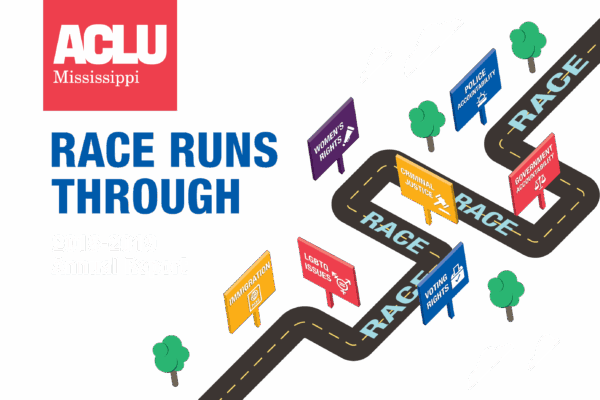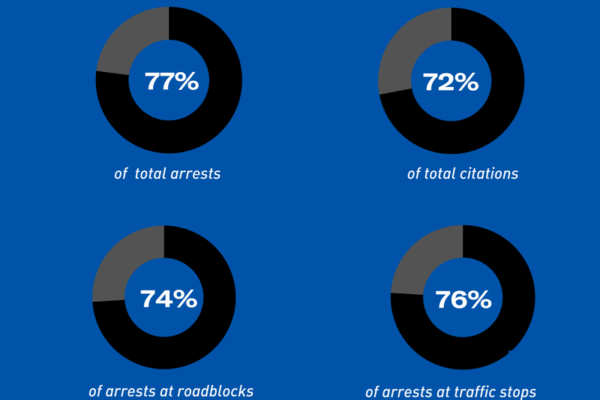By Zakiya Summers, Director of Communications and Advocacy
Do you remember Sandra Bland? This week, news media aired a video that Sandra Bland recorded herself of her traffic stop. The video shows a Texas Department of Public Safety trooper threatningly ordering Sandra Bland to get out of the car, and pointing a stun gun at her to force her to do it. The trooper allegedly pulled her over for failing to signal a turn, arrested and charged with assault on a public servant, and transported to the Waller County jail. Bland was found three days later in her cell “not breathing from what appears to be self-inflicted asphyxiation,” according to a statement from the Waller County Sheriff’s Office.
There is so much that still needs to be revealed and explained about the traffic stop and ensuing moments that eventually led to her death. One thing is for sure, Sandra Bland should not have died that way.
We may never know what really happened to Sandra Bland. However, we can ascertain that the video from her perspective as well as the dashcam video clearly show that Sandra Bland knew her rights. Even so, we know that the reality is that people of color asserting their rights can lead to harsher consequences or dangerous situations.
It is absolutely your right to record the police. However, when the ACLU of Mississippi conducts Know Your Rights workshops in community, we say: "Be respectful of the officer. If the officer instructs you to do something, like put your phone down, then do it. Although you have a constitutional right to record, exercising those rights could lead to your arrest. The ultimate goal is for you to go home safely."
This advice is based on dozens of anecdotal evidence and data that shows that people of color are disproportionately stopped, searched, arrested, and victims of excessive force. In our lawsuit against the Madison County Sheriff's Department, we challenge its decades-old policing practices that employ unconstitutional, racially-motivated tactics that target the Black community. Indeed, our investigation showed that Black people are 5 times more likely than white people to be arrested in Madison County.
It should be no surprise that we tailor our know your rights message in the context of the realities faced by communities of color when it comes to police interactions. We also advocate and lobby for affirmative steps in local and state policy that address racial bias in law enforcement.
We understand that knowlege is power. Sandra Bland knew her rights. It's a shame that even in that knowledge, she couldn't protect herself.




